April 15, 2024 • Blog
What is the Georgia Promise Scholarship?
This is your guide for accessing Georgia Promise Scholarships for your children.

April 11, 2024 • Commentary
Making public school open enrollment in Georgia more accessible
Despite the growing popularity of open enrollment programs nationwide, Georgia is not meeting its full potential in making these programs accessible.

April 11, 2024 • Blog
Georgia’s craft brewers and customers thirst for less restrictive laws
Some Georgia craft brewers say their line of work doesn’t live up to its fullest potential. So, who or what do they believe holds them back?

April 9, 2024 • Blog
Comparing Cobb and Gwinnett County transit plans
Gwinnett and Cobb County will ask voters to approve a one-cent sales tax to expand public transit options this fall.
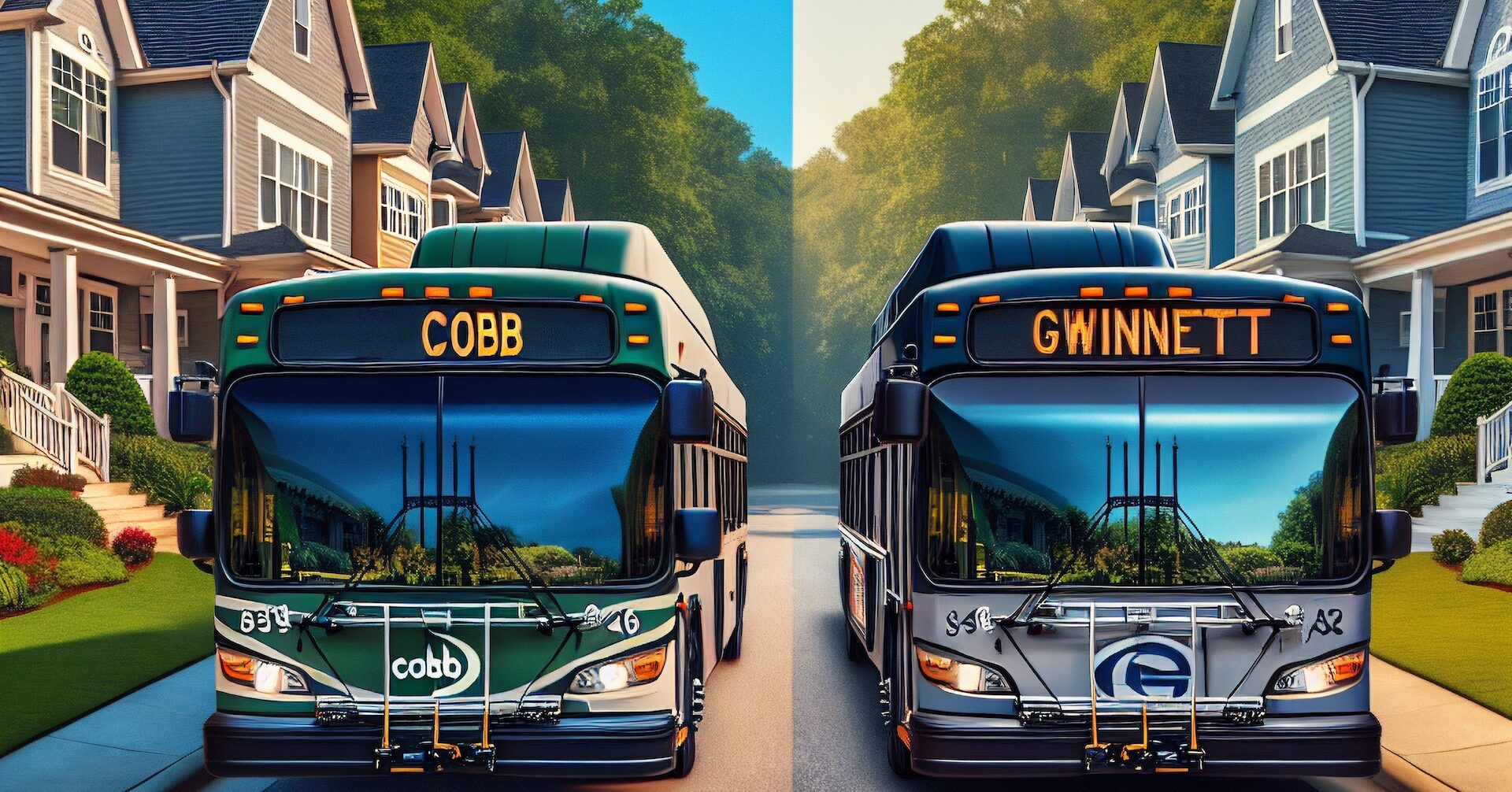
April 4, 2024 • Blog
Georgia landowner’s eminent domain case could force judges to resolve long-lingering questions
The Georgia Public Service Commission ruled in favor of the railroad in an eminent domain case in Hancock County.
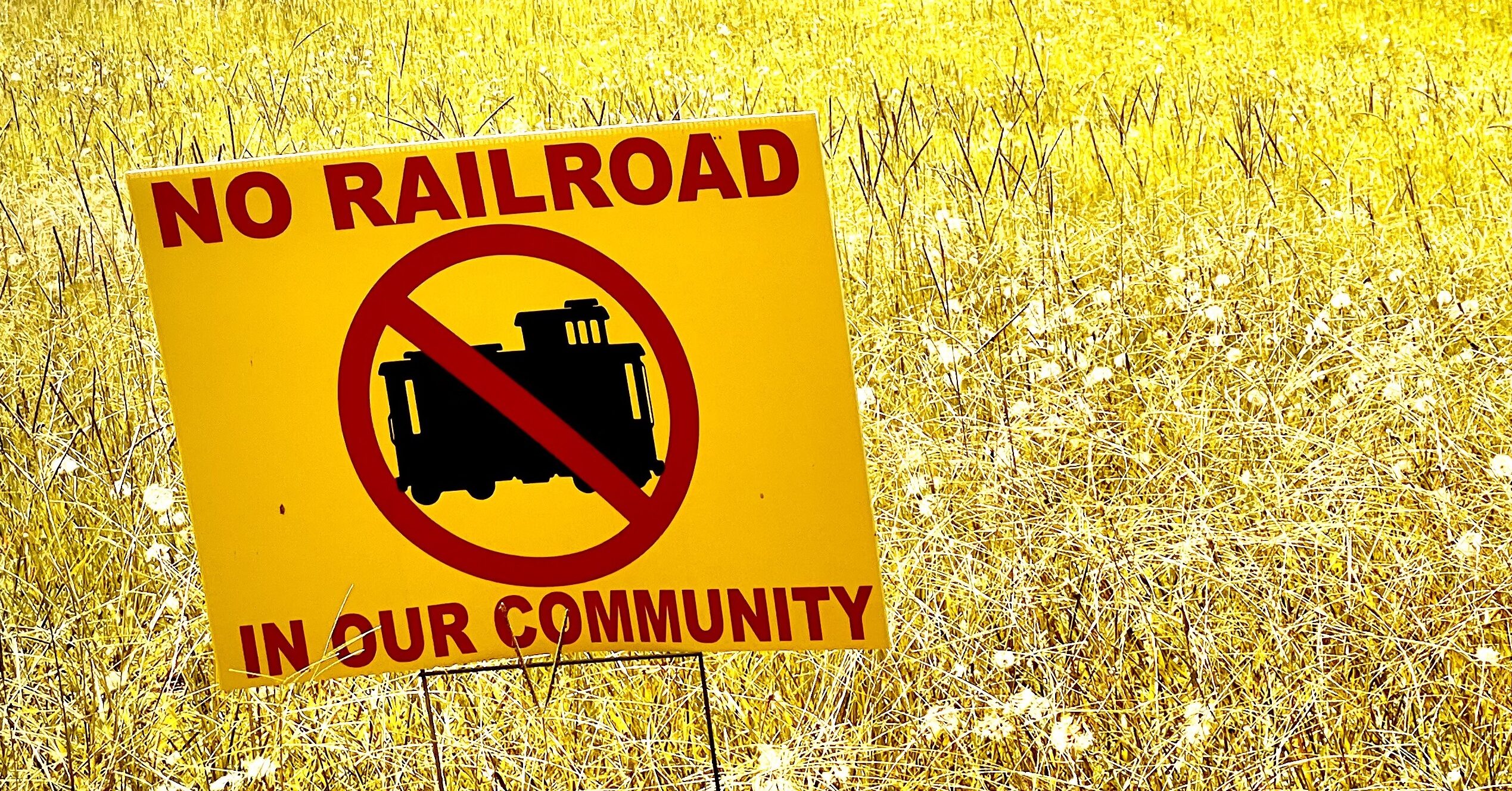
April 4, 2024 • Commentary
What happened with property tax reform this year?
This truly seemed like one of those legislative sessions when everything was aligned for meaningful property tax reform.

April 3, 2024 • Commentary
One legislative term under new leadership is now complete
This year, even as night fell, both the House and the Senate went much longer stretches than usual without legislating
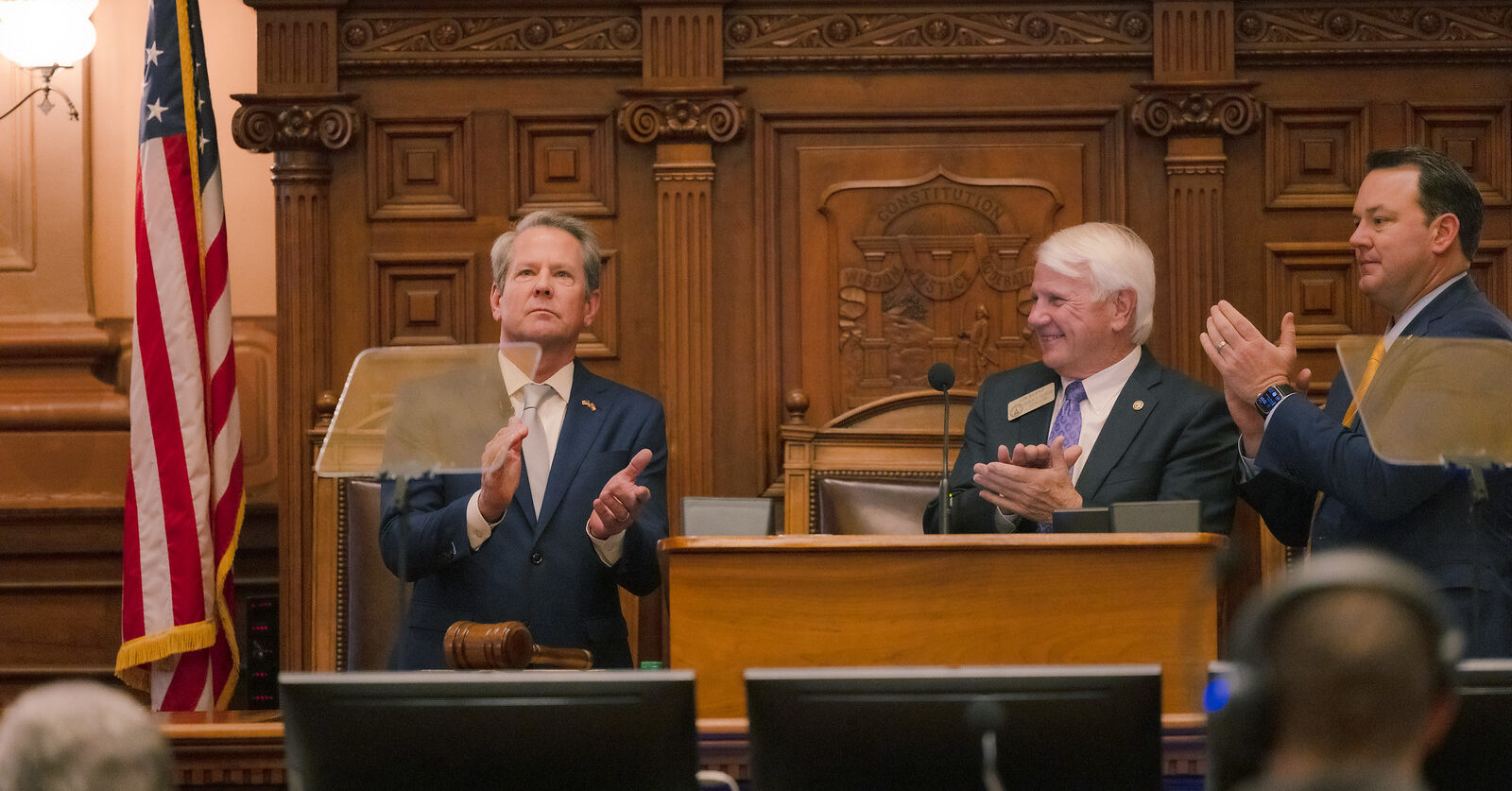
March 28, 2024 • Blog
At the Capitol: That’s a wrap on the 2024 session
The story of this year’s session is ultimately one of tangible, if incremental, progress.
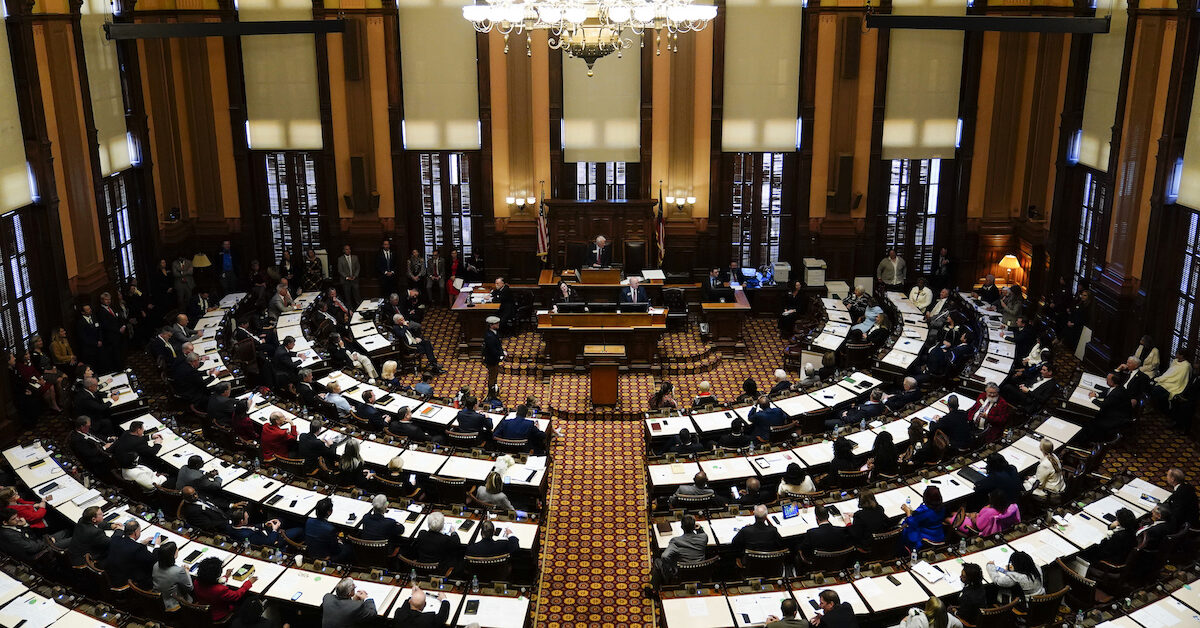
March 27, 2024 • Commentary
Georgia students now have a Promise
A brighter future awaits thousands of students who currently lack access to an education that meets their needs.

March 23, 2024 • Blog
At the Capitol: Week of March 18
We are nearing Sine Die and the end of the 2024 session.
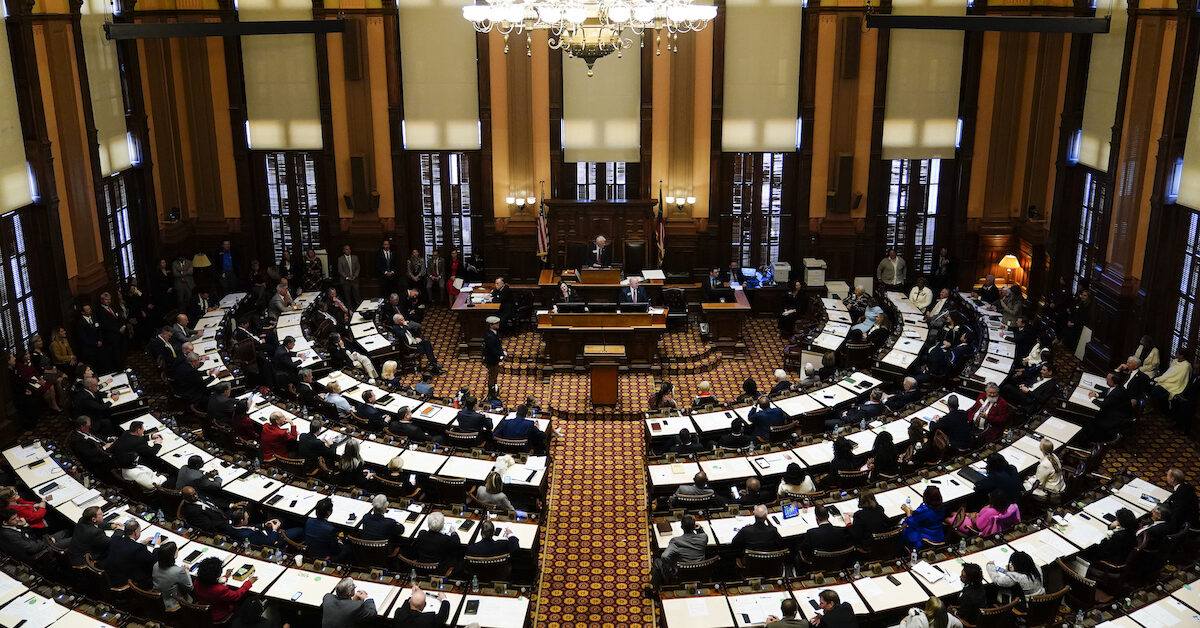
March 21, 2024 • Commentary
The Georgia model for putting workers’ rights ahead of union demands
The Peach State’s pending reform should spread nationwide.

March 21, 2024 • Blog
General Assembly sends Promise Scholarship Act to Governor
A bill expanding school choice options is headed to Gov. Kemp’s desk for his signature.
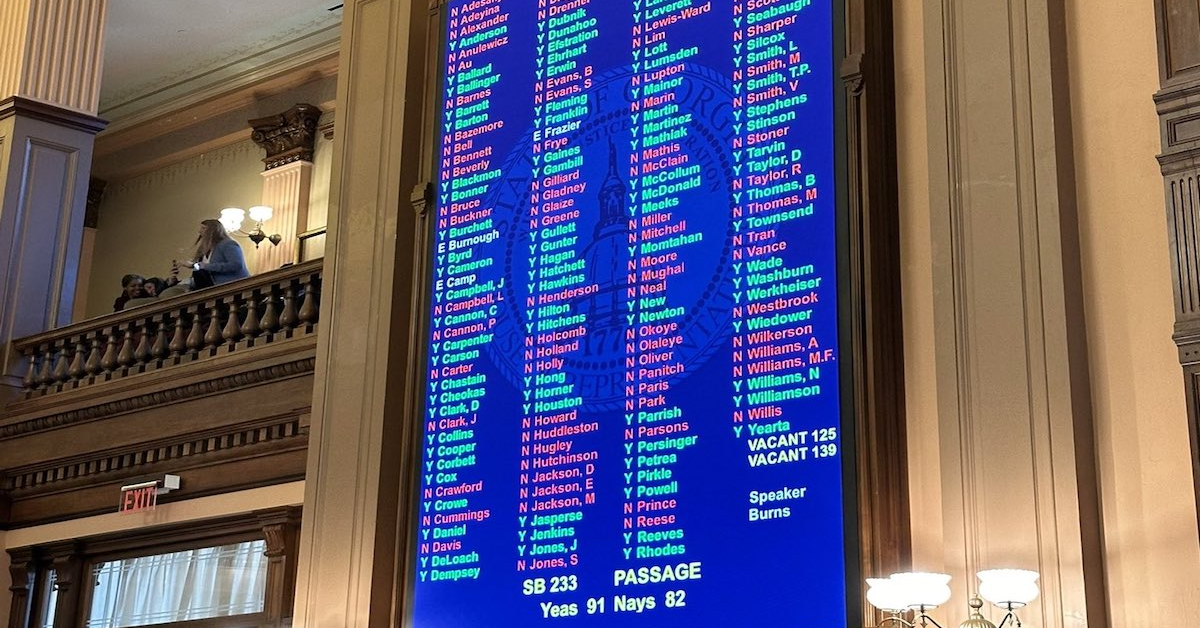
March 20, 2024 • Commentary
Existing service providers are always the loudest voices against change
It’s striking how much our debates over two of Georgia’s most important structural challenges are really the same argument with different jargon.

March 20, 2024 • Press Release
Foundation praises passage of worker freedom legislation
Georgia will now requires companies that receive taxpayer incentives to hold secret ballot elections for union representation.

March 15, 2024 • Blog
At the Capitol: Week of March 11
The 2024 session continues to tick by as lawmakers completed Legislative Day 35 on Thursday.
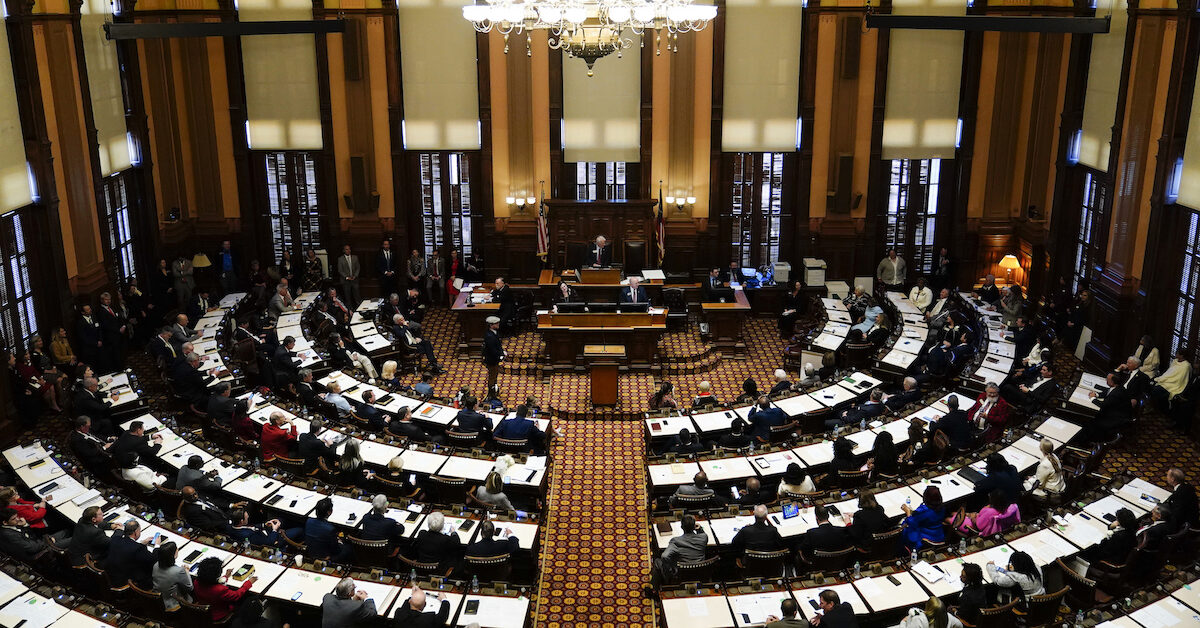
Friday Facts
Get updates from the Georgia Public Policy Foundation in your inbox every Friday by subscribing to Friday Facts.
